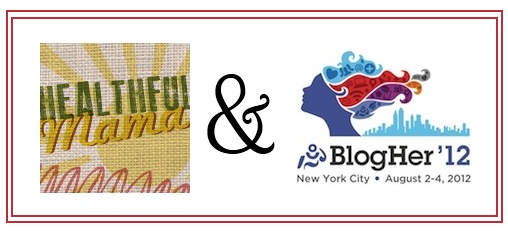
Last week, I posted my thoughts on The Great Vaccine Debate by discussing the reasons I am wary of continuing vaccinations for my son. I hoped to put words to the feelings that I, and other parents (a few who emailed me following my post) are experiencing in the face of mounting vaccine doses and mounting health issues in the nation’s children. Many parents are choosing delayed vaccination scheduling or declining certain vaccinations because 1) they don’t want to NOT vaccinate their children against life-threatening diseases but, 2) they aren’t fully trusting of the vaccines and the doses their children receive as per state regulations. It is extremely frustrating to find oneself in the predicament of KNOWING (by gut reaction, intuition, thorough reading, whatever) that something in your child’s medical care just isn’t RIGHT, but not having the media coverage nor government-funded studies to back your opinion (as vaccination supporters do).
If you haven’t read my original post on this debate, I encourage you to do so, even if you skip right to the comments. I had a number of comments criticizing my questioning of vaccinations, some even going to the extreme of calling me selfish and irresponsible (even though I indicated my child has received vaccinations!). This response did not surprise me. In fact, I was glad for the comments, because they demonstrated what commonly occurs when a parent questions vaccinations: anger, fear, hyperbole (“Your child could end up in an iron lung!”), and reference from a narrow number of sources. Thankfully, others, more well-versed in the dangers of vaccines than I, chimed in with links and helpful data to refute some of the claims that are commonly voiced about not-vaccinating. All parents want is a definitive, reliable answer, that doesn’t leave them with questions nor uneasiness.
Coincidentally (I had no idea about this upon the writing of my post), this week is Vaccine Awareness Week, hosted by Mercola.com and the National Vaccine Information Center (NVIC). Mercola reports on natural health issues and politics (oftentimes, admittedly, in a sensationalized manner) and NVIC seeks to make information about vaccines and their risks more readily available. All this week, you can stream The Greater Good, a new documentary giving new light to the vaccine debate, on Mercola.com. I watched the film in its entirety today and it is a must see, no matter which side you rest. The film presents both sides of the vaccine debate, but, unlike other films on the subject to date, highlights children and families negatively affected by vaccines (beyond the autism factor). By the film’s end, the viewer is not left with a strong feeling of “VACCINES ARE WRONG!,” nor “VACCINES SAVE LIVES!,” only “We need to look more closely at what’s being given to our children.”
I hope you will watch The Greater Good and spread the word. We deserve the right to trust our gut.
Did you watch The Greater Good? What do you think?
Thanks for visiting Healthful Mama today! If you Subscribe to HealthfulMama by Email, I’ll send you my Good Choice Shopping List to help you stay on track with healthful eating. Enjoy!



I can’t wait to watch this. Thank you for sharing it. There is such a need for reasoned, unbiased information, so families can make their own choices.
I’m looking forward to watching this, and thanks for being willing to blog about this topic!
I am so torn on the vaccination issue as well. I really wish there was more information that is not pro-vaccine from reliable trustworthy sources. So far we have vaccinated our oldest and plan to try a delayed vaccination schedule with our youngest.
I personally am allergic to egg-based vaccines. Which is pretty much all of them. Therefore my allergy has allowed to “skip” the issue. However, I do appreciate that there unbiased sites and people out there. More information like this is certainly needed to allows each of us PERSONALLY chose what’s right and wrong for ourselves and our children.
Tay, I think “unbiased” is exactly what we hope for–valid, factual, unbiased research. Thanks for the comment 🙂